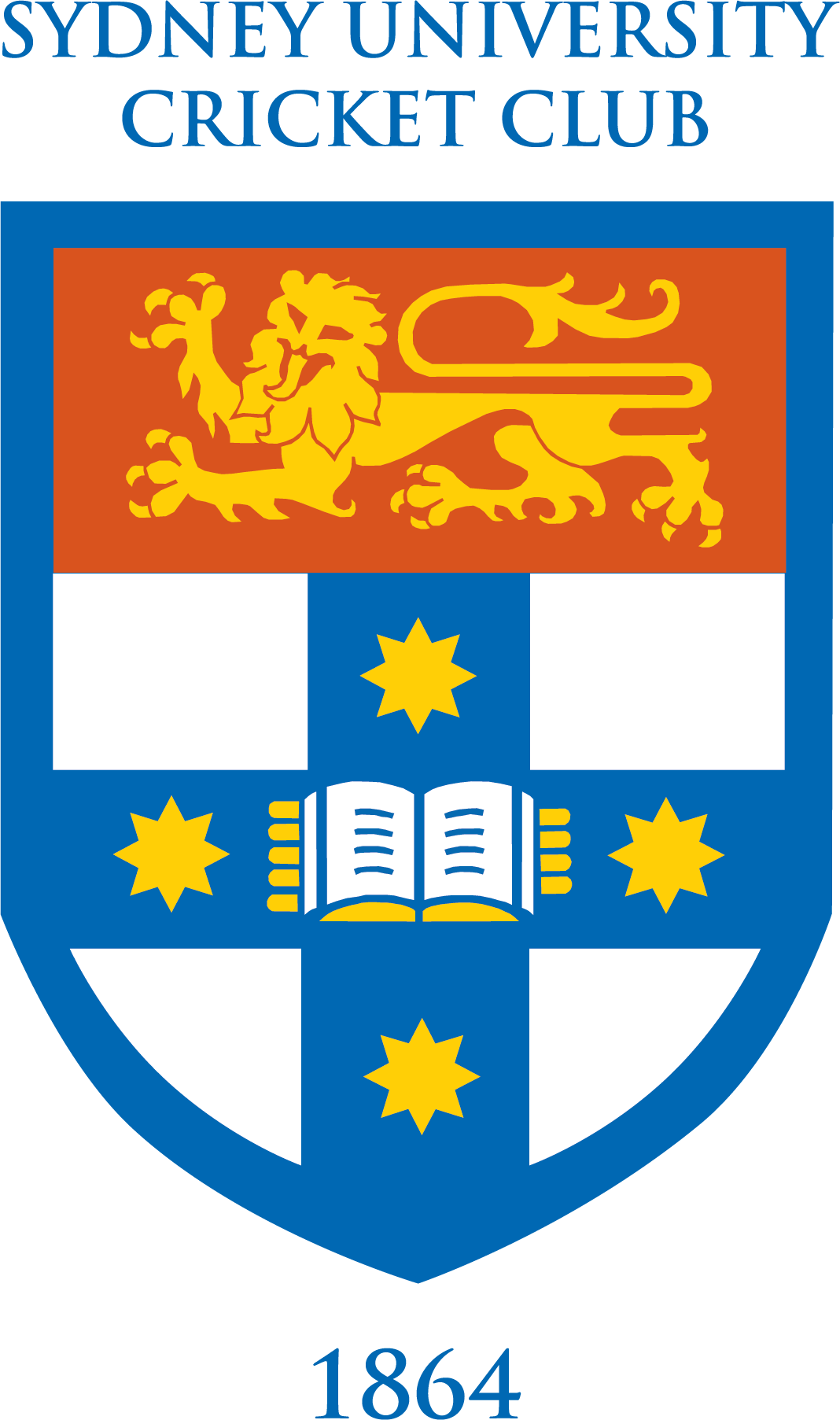Greg Scahill was the second oldest of our former Club players, a past President of the Club (1973-1976), a Vice President since 1972, and a Life Member of the Club since 1977.
Greg was a renowned after-dinner speaker who interspersed a breadth of knowledge and wide-ranging interests with an understated, self-deprecating delivery. Audiences were naturally drawn to him especially at SUCC gatherings. He also made the SUCC Veterans’ Reports in the Club’s Annuals required and primary reading.
Details of the Veterans’ seasons were sprinkled with gems.
The ‘double’ for the season (50 runs and 5 wickets) was much sought-after. The ‘junior double’ (10 runs and one wicket), however, was still beyond the ability of some of the Vets.
The WJ Mackie Memorial Beetroot Knife was awarded to the player who headed both batting and bowling averages for the season. Dramas relating the award of the Beetroot Knife (said to have been first awarded to Jim Mackie by himself), the whereabouts of the storied plastic raincoat, the internecine strife, were all potential and intriguing scandals.
Greg Scahill had first played for the Club as an undergraduate in the Faculty of Engineering in 1941 when he matriculated to the University, aged only 16, from Christian Brothers Lewisham. These were dark days for the world which was now at war again and grim days for the Club. Many undergraduates had enlisted. Some former players had been killed in the war others were prisoners of war. When Greg played 3rd Grade in 1942-43, the side was “affected by many changes”. There was a “scarcity of players.” The inter faculty competition was abandoned. The inter varsity game with Melbourne University was cancelled.
In 1943-44, aged only 19, Greg captained the 3rd Grade side when he
“…captained the side capably and scored runs freely when they were sorely needed.”
No statistics for this side survive, however, and comprehensive figures are impossible to compile.
In August 1944, he graduated with Honours and with various prizes and he joined the 2nd AIF with the rank of Sergeant before he was promoted to Captain and sent to Rabaul where he eventually organised repatriation of Japanese soldiers and was responsible for bomb disposal.
When he returned to Australia, he lectured at the Royal School of Engineering and enrolled in Arts and, in 1947-48 turned out for the Club once more, this time in days of hope and optimism. He remembered in particular an innings of 26 not out in a large partnership in 4th Grade’s record total of 326 against Paddington. Colleagues in that 4th Grade side were to have distinguished careers with the University. Among them were David Brockhoff, legendary University and Wallabies’ Rugby coach, Ivor McCristal, David Dickens, Keith Sheffield, Don Scott-Orr.
Greg married Sheelagh in 1951, a marriage that spanned 62 years. He became a partner in a firm of civil engineers and architects.
He continued to play for the Veterans in the 1950s, 1960s and 1970s. When he was elected as President of the Club in 1973, he was even enticed to make an unlikely return to Grade cricket, 25 years after his last Grade game. When 5th Grade churned through 58 players for the season, Greg, aged 49, was one of those 58. He made 8 and 6 but another game in 6th Grade saw a return to the bowling crease when a steady over of off breaks cost just one run.
The Vets provided life-long friendships, extraordinary fun, and even some fine cricket.
Greg took delight in reporting unlikely activities:
“Heavy betting on the opposition was clearly rife among some of the more senior members.”
There were outrageous incidents:
“Seven runs were scored off one ball during a protracted series of overthrows between two of our more excitable players.”
There were unexpected consequences when Vets’ players were recognized with civil honours:
“One player [the former 1st Grade captain, Peter Hall] after a series of enterprising innings late in the season, was approached by the Minister for Public Works to complete the design of the Sydney Opera House…The Vets’ eternal problem of indoor winter practice facilities seems at last to be nearing a solution.”
When the Vets’ Patron, George Halliday, a 1st Grader of the 1920s, was knighted by Her Majesty, it was said to have been a satisfactory alternative to:
“…the cumbersome distribution of MBEs [Members of the British Empire Medals] by the Queen to all Vets’ players.”
Incompetence was celebrated:
“Another milestone was the dropping of his 50th catch off Ken Bangs…This feat has been spread over 13 seasons and has given rise to many good-natured exchanges and fostered a high degree of team spirit.”
Greg was a popular President of the Club who took a close interest in every player in the Club. He gave enduring practical support to the captains and especially to the undergraduate administrators.
He had a “sunny, patient disposition” as his son, John, recalled during his eulogy at Greg’s funeral Mass, a celebration of his long life. His “enquiring mind” was much nourished by a vast library of fiction, history, theology, poetry and, of course, books on cricket. He abjured all pretention and others naturally relaxed in his engaging company.
The Club’s deepest sympathy is extended to Greg’s surviving family, especially to his son, John, and his daughter, Louise.
James Rodgers


